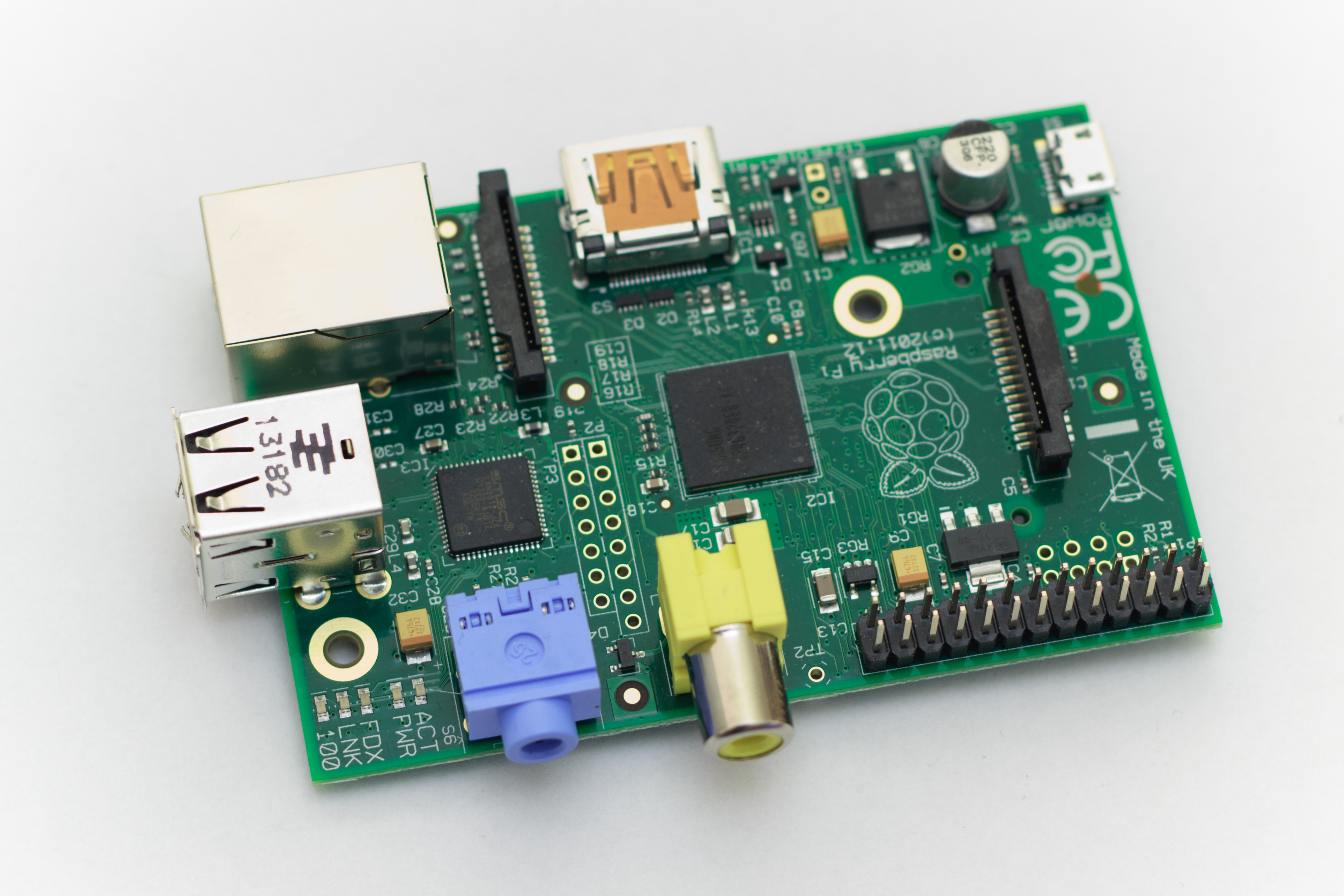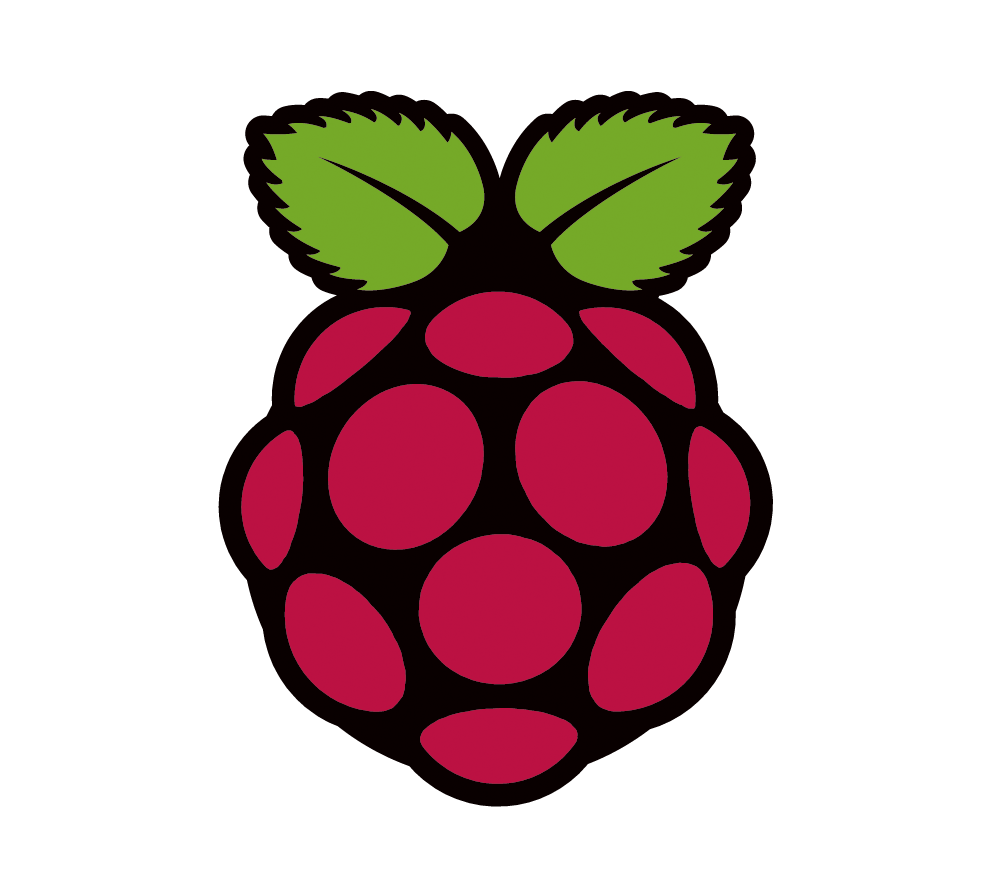hello friends! new(ish)!
Raspberry Pi


The Raspberry Pi is an ultra-low-cost credit-card sized single board computer which was conceived with the primary goal of teaching computer programming to children. It has gained a popularity among hardware hackers.
Hardware
The Raspberry Pi is based around the Broadcom BCM3825 SoC. This contains the ARM1176JZFS processor (floating point, running at 700Mhz), and a Videocore 4 GPU.
The GPU is capable of BluRay quality playback, using H.264 at 40MBits/s. Hardware accelerated playback of h.264 is currently limited to omxplayer and XBMC.
The Raspberry Pi has 8 dedicated GPIO pins, a UART, i2c bus, SPI bus with two chip selects, i2s audio, 3v3, 5v, and ground. I/O pins on the Raspberry Pi are limited to 3.3v and will be damaged by 5v signals, making it incompatible with most Arduino devices.
Video outputs supplied are HDMI and composite video. A DSI (Display Serial Interface, common in cellphones) connector is available, however a binary blob does not exist yet.
A 3.5mm audio jack or HDMI provides sound.
Applications
- Supercomputer
- Torrent Client, or usually we call it seedbox.
- Security
- Bitcoin Miner, on a industrial scale.
Hosting
- E-Mail Server
- Webserver, nginx or Apache
- TOR Relay
- YACY Search Engine
- Piratebox
- arkOS, Arch Linux-based operating system & self-hosting solution for Raspberry Pi
- OwnCloud
Communications
- Instant messaging-server, screen + finch
- Mumble VoIP server
- Piratebox router project
- Retroshare
- Smartphone
Audio
Media
Gaming
Variants
There are currently six Raspberry Pi models. Model A, Model B, Model A+, Model B+, Model Raspberry Pi 2 B+ and the newest one, Raspberry Pi Zero.
Model A has 1 USB port and lacks ethernet capability. 256MB RAM
Model B has 2 USB ports and a USB-based 10/100 ethernet port. 512MB RAM
The first production run of the Model B (Red PCB) is limited to 256MB RAM.